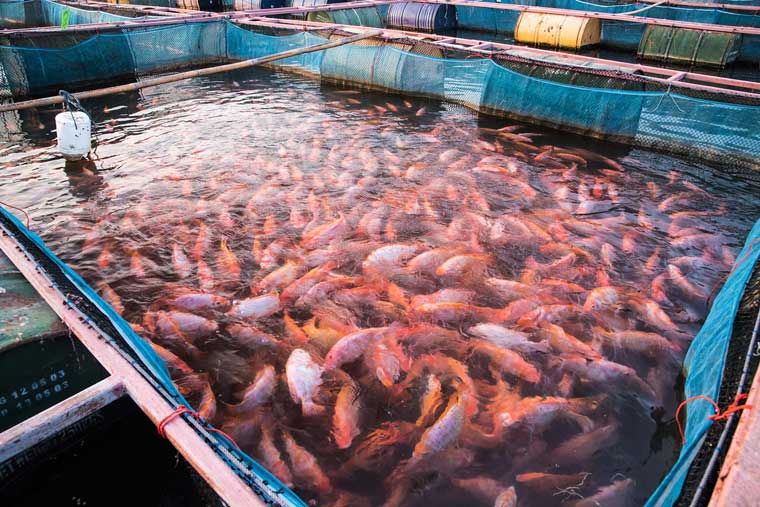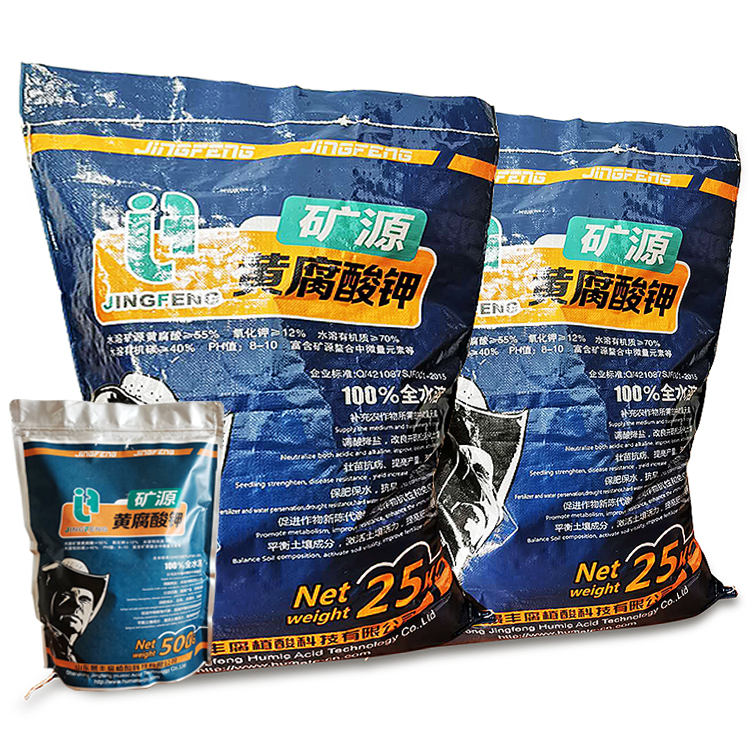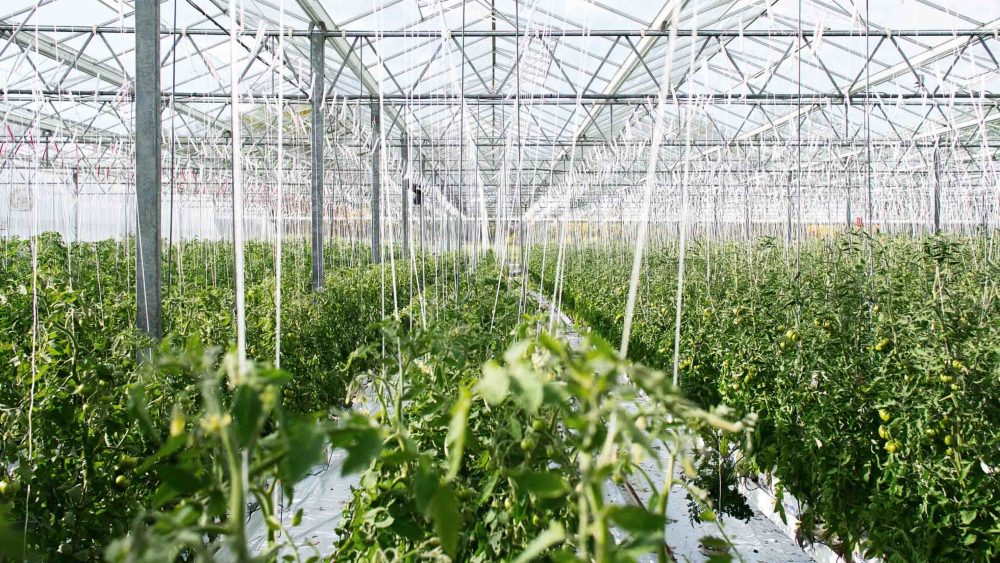Sodium humate(other name: sodium humic acid, humic acid sodium salt) is a multifunctional polymer organic compound made from danty, peat, and lignite through a special process. It has obvious application effects on animal husbandry, aquaculture, ceramics and other fields. The author of this article will focus on the role of sodium humate in aquaculture. First, through two aspects, I will explain the role of sodium humate in aquaculture.
The role of sodium humate in aquaculture
Judging by its physical and chemical properties and its composition, as well as various test and research data, the application of sodium humate in livestock and aquatic products can be summarized as follows:
1. Supply body nutrition and promote body growth
The vitamins, amino acids, nucleic acids, inositol, polysaccharides and other components in sodium humate can directly participate in the body’s metabolism process, especially the nucleic acid. Nucleic acid has unparalleled advantages in improving the vitality of farmed animals, repairing mucosal tissue, and promoting cell division.

Secondly, sodium humate is a polyvalent phenolic aromatic compound and nitrogen compound polycondensate, which contains a variety of functional groups, can completely convert various macromolecular nutrients in aquatic feed into small molecular nutrients, so that it can be easily to absorb and digest by aquatic animals
2. Active stimulation, preventing disease and promoting growth
Sodium humate has several active groups and unknown factors, which can enhance the activity of enzymes in the body, increase the assimilation yield and metabolism, and enhance the body’s immunity, so it has obvious effects on disease prevention and growth; especially the acidity of fulvic acid which can adjust the PH value of the gastrointestinal tract, promote acidification and has obvious effects on the prevention and treatment of intestinal diseases.
At the same time, due to its chelation and strong adsorption of heavy metals, it can effectively adsorb various harmful substances generated in the feed and in the digestion and metabolism process, such as ammonia sulfide and amines. This not only ensures the health of the animals, but also effectively enhance immunity and prevent fish diseases, such as enteritis caused by bacteria.
The insufficient quality of livestock and aquatic products due to poor growth is a common problem in the livestock and aquatic industries, and the application of sodium humate in livestock and aquatic products can fully and effectively solve these problems.
But its role is far more than that, it can also reduce the body’s drug residues caused by the use of other drugs, as well as purify and improve water quality. In tomorrow’s article “The role of sodium humate in aquaculture (part 2)”, we will talk to you about the remaining applications of sodium humate in livestock and aquatic products.





